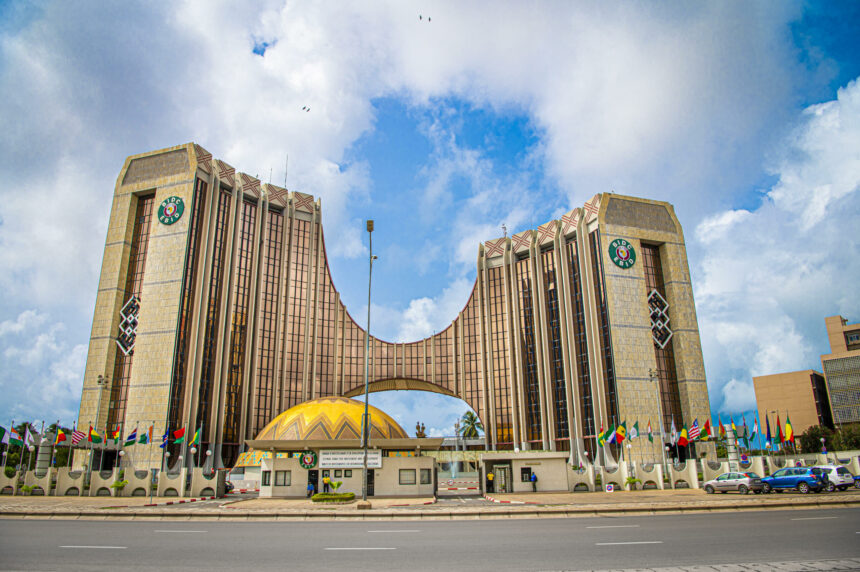Nigeria Boosts Contribution to ECOWAS Bank for Investment and Development
Nigeria has announced plans to increase its contribution to the ECOWAS Bank for Investment and Development (EBID) by an additional $100 million, further solidifying its role in driving economic growth and regional integration in West Africa.
The announcement was made by Dr. George Donkor, President of EBID, during a meeting with leaders of ECOWAS institutions and specialized agencies at the First Ordinary Session of the ECOWAS Parliament in Abuja. The session served as a platform for the bank to showcase its progress and outline its strategic vision for the region.
Dr. Donkor, represented by MacDonald Goanue, EBID’s Director of Research and Strategic Planning, highlighted Nigeria’s position as the largest shareholder in the bank, holding around 33% of the total shares. He emphasized that Nigeria is in the process of contributing an additional $100 million to EBID.
Established in 1999, EBID has become a pivotal financial institution in the region, having disbursed over $2.5 billion to support approximately 300 projects. In 2024 alone, the bank approved 10 new projects worth $439.74 million and reviewed 21 additional proposals, showcasing its expanding role in regional development.
The bank remains committed to driving economic transformation through investments in critical sectors such as infrastructure, energy, health, agriculture, education, and digital innovation. Key initiatives include electricity interconnection projects, solar power installations, and the construction of vital infrastructure like bridges.
EBID is also actively involved in supporting Medium, Small, and Micro Enterprises (MSMEs), fostering public-private partnerships, and enhancing the region’s investment climate. The number of projects benefiting from disbursements has increased, demonstrating the bank’s growing impact.
Collaboration between EBID and the ECOWAS Parliament is seen as essential for achieving a stable, integrated, and prosperous region. In Nigeria, the bank has supported various private sector ventures in partnership with financial institutions like the Bank of Industry.
Since 2006, the Indian government has provided a $1 billion facility to EBID, supporting projects in infrastructure, energy, transport, and private sector development across West Africa.
EBID’s operational model differs from commercial banks as it does not accept deposits. Its financing primarily comes from member states’ contributions and international partnerships. Recently, the Board of Directors approved a significant financing package to drive socio-economic development in the sub-region, including a credit line for the Kano-Maradi railway project.
Overall, Nigeria’s increased contribution to EBID underscores its commitment to fostering economic growth and development in West Africa, solidifying its position as a key player in the region’s advancement.








